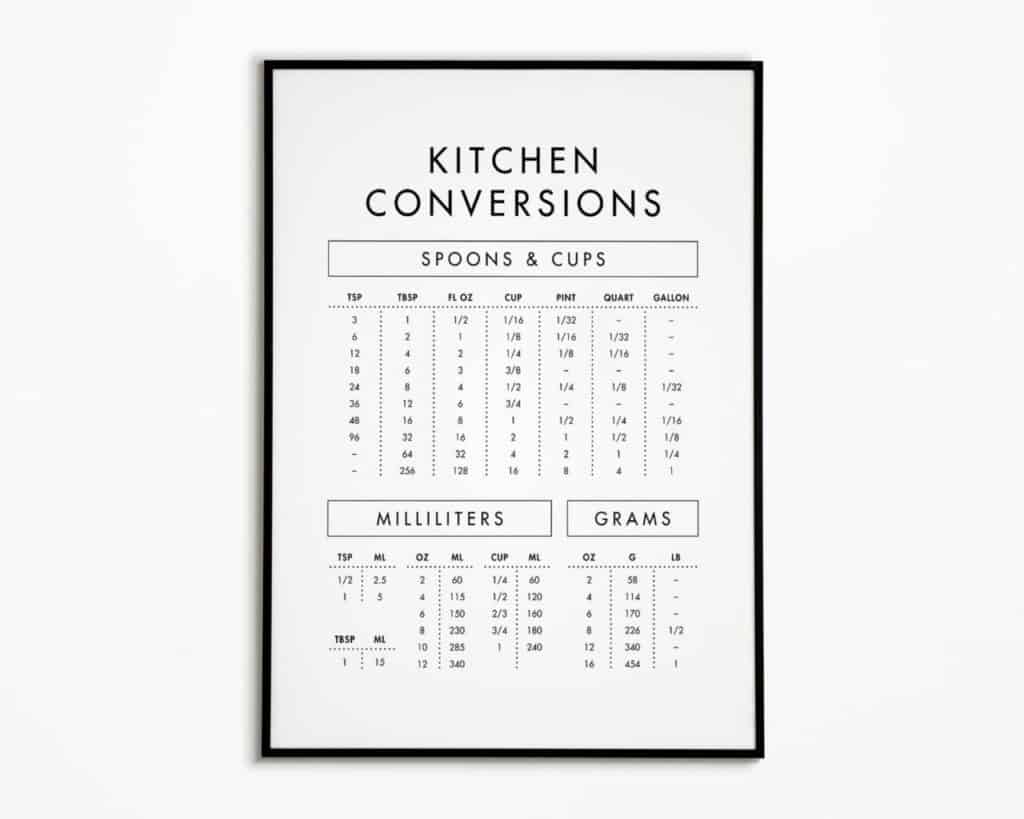Knowing conversions can help
In recent months, many people have grown accustomed to hosting small gatherings for holidays and other important events. Even family dinners may have been scaled down as personal health and safety has taken precedence in the wake of the Covid-19 outbreak.
For individuals accustomed to cooking for a crowd, it can take some time to acclimate to cutting back on recipes that you might otherwise know by heart.
According to thespruceeats.com, most recipes are geared towards families of four to six. So if you don’t want a freezer full of leftovers, it’s time to refer back to some grammar school math to learn how to divide measurements into the proportions needed.
Rely on estimates and your own preferences. While baking requires strict adherence to ingredients and measurements, there is more wiggle room in general cooking. That means cutting back ingredient ratios can be more of an estimate than a careful calculation. Use your palate to guide cooking, and don’t be afraid to experiment with a pinch or two of flavoring if you think the food needs it.
Use small pots and pans. Cooking small amounts of food inside large pots and pans can spread out ingredients and cause them to cook faster or evaporate more quickly. Therefore, as you scale down on ingredient measurements, you also can use smaller vessels.
Use a conversion cheat sheet. Certainly you can divide recipe ingredients each time you are making a recipe, but you also can keep a handy chart available with common conversions. This rundown of how many tablespoons and teaspoons are in larger cup measurements also can help.
Conversion cheat sheet
1 cup = 16 tablespoons
1⁄2 cup = 8 tablespoons
3⁄4 cup = 12 tablespoons
Half of 3⁄4 cup = 6 tablespoons
1/2 cup = 8 tablespoons
Half of 1⁄2 cup = 4 tablespoons
1⁄3 cup = 5 tablespoons + 1 teaspoon
Half of 1⁄3 cup = 2 tablespoons + 2 teaspoons
1⁄4 cup = 4 tablespoons
Half of 1⁄4 cup = 2 tablespoons
1⁄8 cup = 2 tablespoons
Half of 1⁄8 cup = 1 tablespoon
1⁄2 tablespoons = 11⁄2 teaspoon
Over time it will become easier to cut down on recipes so you only make as much food as your family is likely to eat.





